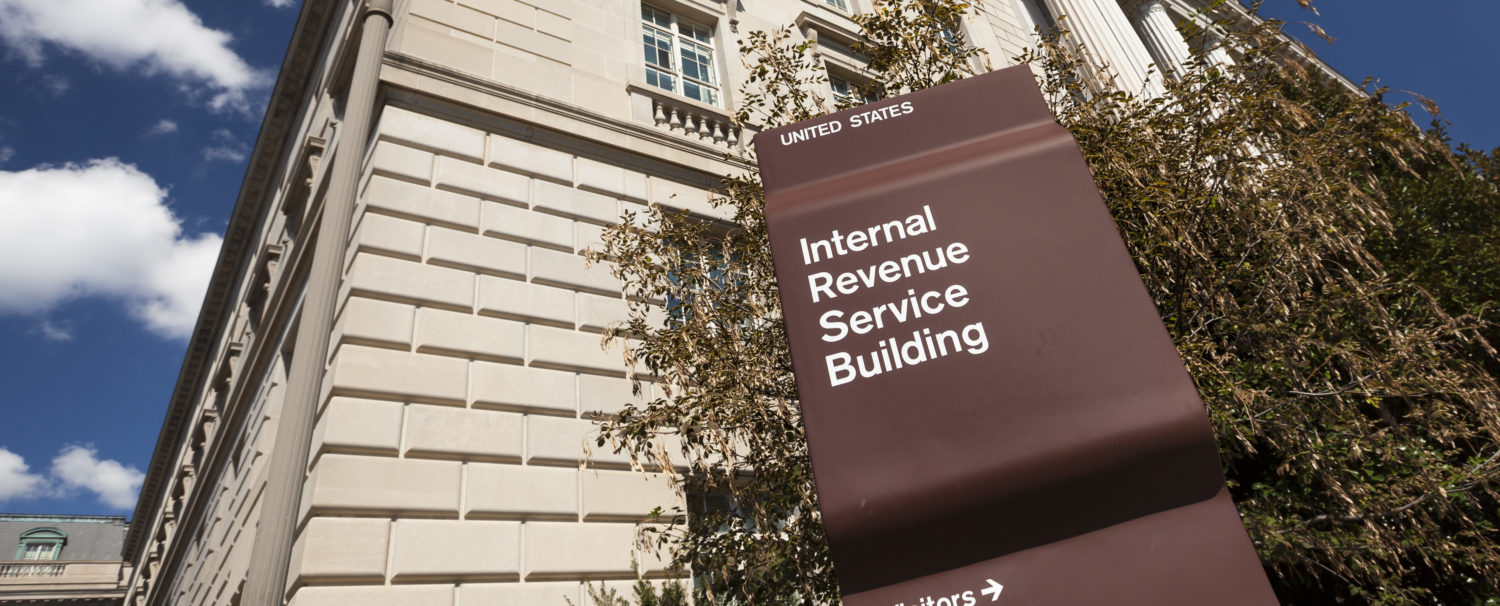In recommendations released on June 7, 2018, The Indian Tribal Government (ITG) subgroup of the IRS Advisory Committee on Tax Exempt and Government Entities (ACT)* issued support for an amendment affecting Internal Revenue Code (IRC) Section 6103. Â The change would allow the IRS and Tribal Governments to enter into taxpayer information sharing agreements in the same way as the IRS does with federal, state, and municipal governments.
WHAT IS IRC SECTION 6103?
IRC Section 6103 governs the disclosure of taxpayer information by the IRS. It generally prohibits the disclosure of taxpayer information. However, there are exceptions to the rule. One exception in Section 6103(d)(1) authorizes the IRS to share tax information by entering into agreements with states and municipalities for tax administration purposes. It does not specifically allow for agreements with tribes, and this has become a problem for two reasons:
- A tribal government is unable to enter into an agreement directly with the IRS to allow a tribal tax administration agency to share information with, or receive information from the IRS. All taxpayers subject to tribal taxes are also subject to federal taxes of various kinds. It would be mutually beneficial in allowing tax administrators to verify compliance with the tax requirements of both governments.
- State tax agencies are not allowed to share information with tribal tax administrators if they received that information from the IRS, as the tax-sharing agreements between the IRS and states prohibit either side from revealing information to a third party. Even in a situation where there is an intergovernmental agreement between a tribal government and a state, the state is unable to provide information to the tribal government. The ability to enter into an agreement with the IRS would enhance a tribal government’s goal of effectively administering its tax program.
The IRS has determined that changing IRC Section 6103(d)(1) cannot be handled administratively. A congressional amendment to IRC Section 6103(d)(1) adding Indian tribal governments is required to allow the sharing of taxpayer information in the way that the IRS does with states and municipalities. The ITG subgroup notes that an amendment has been consistently recommended by the Department of the Treasury since Fiscal Year 2010.
TRIBES THE SAME AS LOCAL AGENCIES?
Some tribal tax administrators have approached the IRS to look at whether the IRS can make an internal determination that it is acceptable to enter into an agreement with a tribal government under IRC Section 6103(l)(7). That section requires the Social Security Administration and the IRS to disclose taxpayer information to “any Federal, State, or local agency†administering identified social service programs in order to determine eligibility and the correct amount of benefits under the program. No definition of “local agency†is found in the IRC or Treasury Regulations.
The intent of Section 6103(l)(7) was specifically to help agencies make more accurate determinations of eligibility for benefits, and the amount of benefits properly available. Nothing in the legislative history of this Section suggests that tribes should be excluded from treatment as a local agency.
ITG SUBGROUP RECOMMENDATIONS
- The ITG Subgroup recommends that the IRS provide support for an amendment to IRS Section 7871 to treat Indian Tribal Governments like states for purposes of IRS Section 6103. This would allow the IRS and Tribal Governments to enter into taxpayer information sharing agreements under IRC Section 6103(d)(1), which would be most beneficial to both parties in the effort to ensure compliance with the tax laws of both governments.
- The ITG Subgroup also supports the recommendation of the Department of the Treasury to treat Indian Tribal Governments as states for information sharing purposes. The Subgroup requests that the IRS formally provide its support to the Department of the Treasury to move this legislative action forward at its first opportunity.
- The ITG Subgroup recommends the IRS treat a tribal government entity administering identified social programs to determine eligibility and the correct amount of benefits under the program as a local agency, and provide information sharing as required by IRC Section 6103(l)(7). This IRS determination would not require an amendment to the IRC, but can be an administrative determination by the IRS.
*The ACT enables the IRS to receive regular input on the development and implementation of IRS policy concerning communities. The ITG is the single point of contact with the IRS for Indian tribal governments and tribal associates. Its goal is to meet respectfully and cooperatively the needs of both tribal governments and the federal government, and to simplify the tax administration process.
Please contact Corrine Wilson if you have questions or wish to discuss the details of this article.





